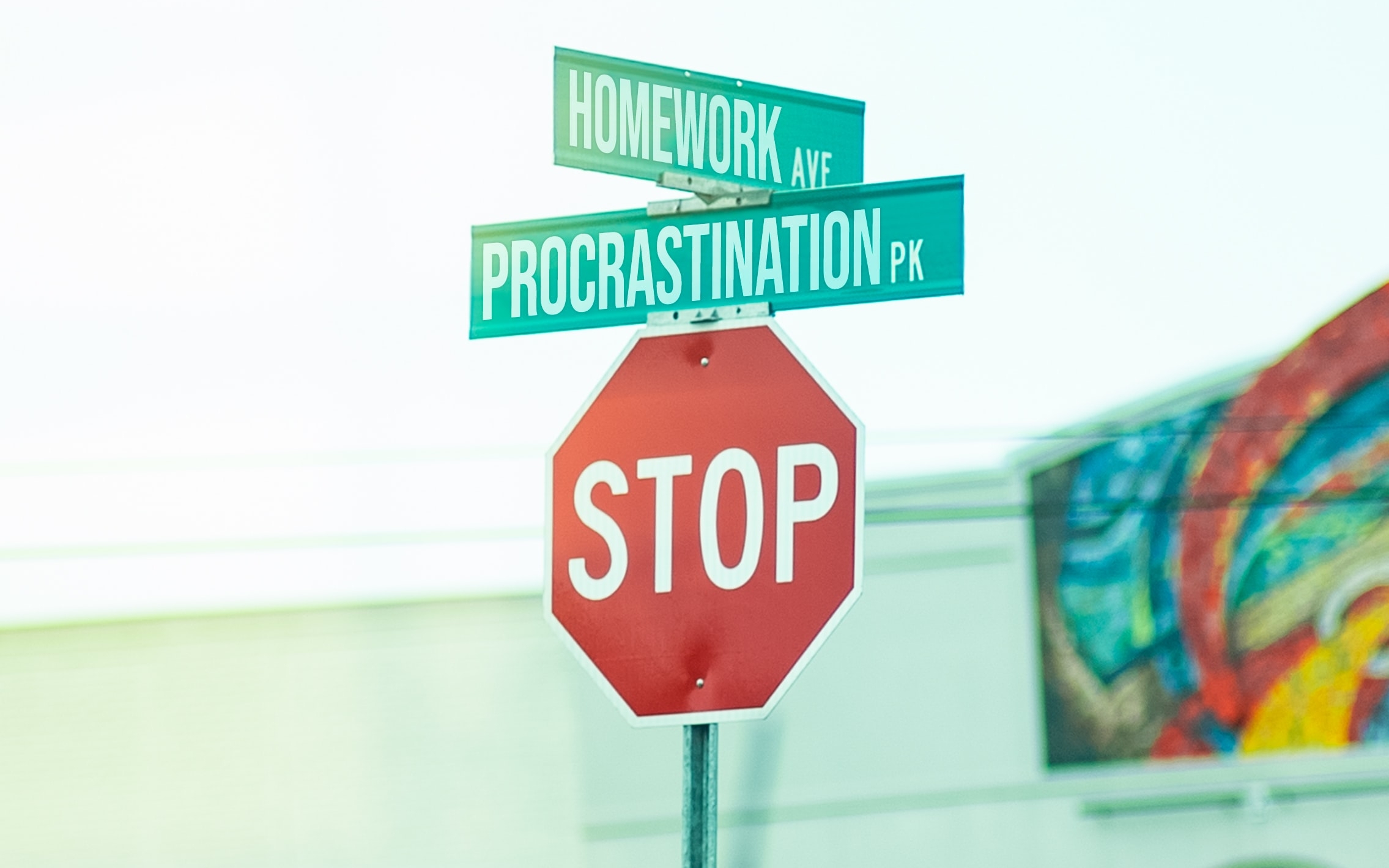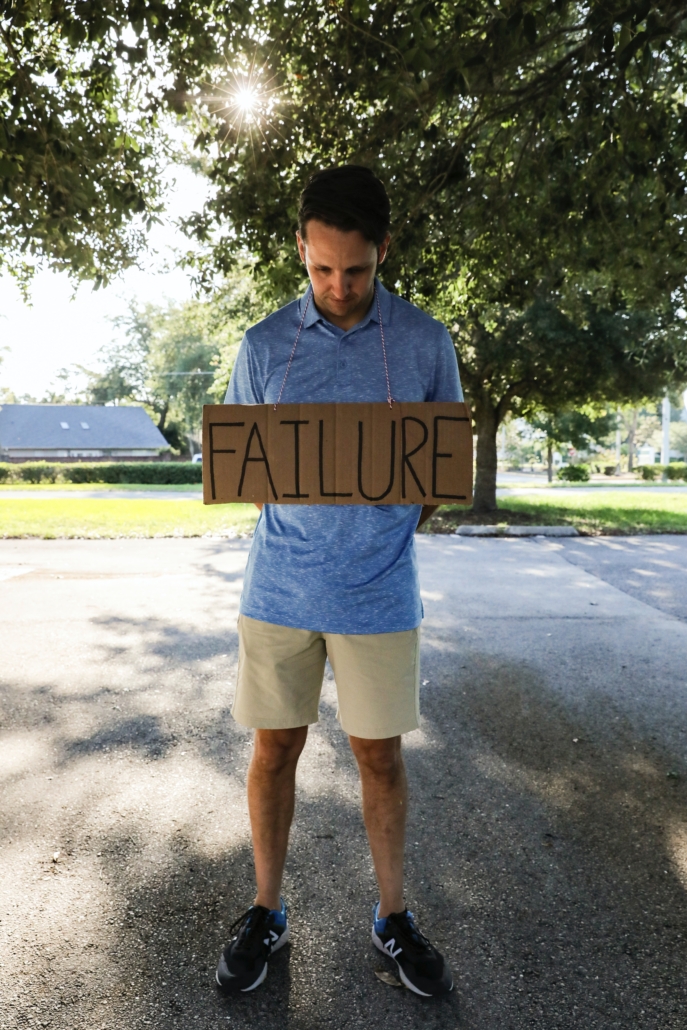Avoiding Burnout at the End of the Year
We’re almost to the finish line of 2022! This time of year is rife with the possibilities of BURNOUT. Are you starting to feel the creeping feelings of exhaustion, alienation, or reduced performance? Or just feeling like you’re ready to be DONE with this phase? Burnout is common, especially among care providers, but it doesn’t have to take over your Holiday season. We have tips and tricks on how to avoid the end of year burnout so you can finish out strong.

What is burnout and why are we talking about this?
First, what exactly is burnout, and what causes it? This might seem like a silly question. But it’s worth talking about for a second. According to Mayo Clinic, burnout is “…a state of physical or emotional exhaustion that also involves a sense of reduced accomplishment and loss of personal identity”. In other words, you’ve been doing the same (or similar enough) things for a long time and you’ve reached your capacity to keep doing it at the same performance level.
This is important to talk about because burnout and depression share a lot of similar symptoms. And while you might be experiencing the dragging feeling of typical tiredness, late October through end of February are the months when some folks tend to face the worst symptoms of depression as well. Why? A few reasons are the culprit: Seasonal Affective Disorder (SAD), spurred by the lack of sunshine and being cooped up inside, holidays spent without family or friends (whether due to a death or alienation), or inversely holidays spent WITH family or friends that are not safe to be around can be the top of the list.
Depression and burnout can feel the same, except for a few key differences. Burnout almost always is focused around performance of a task, such as school or a job or even long term care of a loved one. You feel tired, cynical, irritable, emotionally numb, have trouble concentrating or getting going, or gastrointestinal issues. Depression involves all of these, but also low self esteem, hopelessness, and/or suicidal ideation. For your own wellbeing, it’s essential to distinguish between these two things.
If you are experiencing thoughts of harming yourself or others please reach out for help. Call 988 to contact the Suicide and Crisis Lifeline for 24/7 free access to support.
Let’s talk about how to help!
Ok, this is easier said than done (as most things are). You’re experiencing some burnout, whether that is from finals, rotations, school demands, or your current work position. We have some ideas on how to help you get through the next few weeks or months:
- Get support. This can’t be stressed enough. Grab a cup of coffee with a friend, call your mom/therapist/other trusted person, or commiserate with your cohort. People are social beings and we need to be in community with others to thrive. You will be amazed how much better you’ll feel just by venting for an hour to another person!
- Journal. A great tool for monitoring your stress and coping levels is by journaling for a few minutes every day. The act of expelling all the negative feelings you have out of yourself is something quick (more or less), easy, and free. It’s also something that can create a sense of autonomy over your stress. Writing things out allows you to evaluate and mull things over in a different way that can lead to more creative solutions or coping!
- Self-care stress management. Again, easier said than done, but will reap benefits if you implement it. This looks like aerobic exercise, yoga, mindfulness meditation, or a hobby that relaxes you (art, crafting, reading, bubble baths, sitting under a tree…the options are endless!). Carve out the time for YOU and no one else that has nothing to do with any of the things stressing you out.
- If possible, do something that actively makes your situation better. How? If you’re a student prepping for a board exam or needing help with the school year, give our question banks a try- FREE- using our Free Trial! Or, contact us about our tutoring options!
REF: Depression: What is burnout? Informed Health Online. https://www.informedhealth.org/what-is-burnout.html. Accessed May 13, 2021
Swenson S, Shanafelt T. Mayo Clinic Strategies to Reduce Burnout: 12 Actions to Create the Ideal Workplace. Oxford University Press; 2020.


